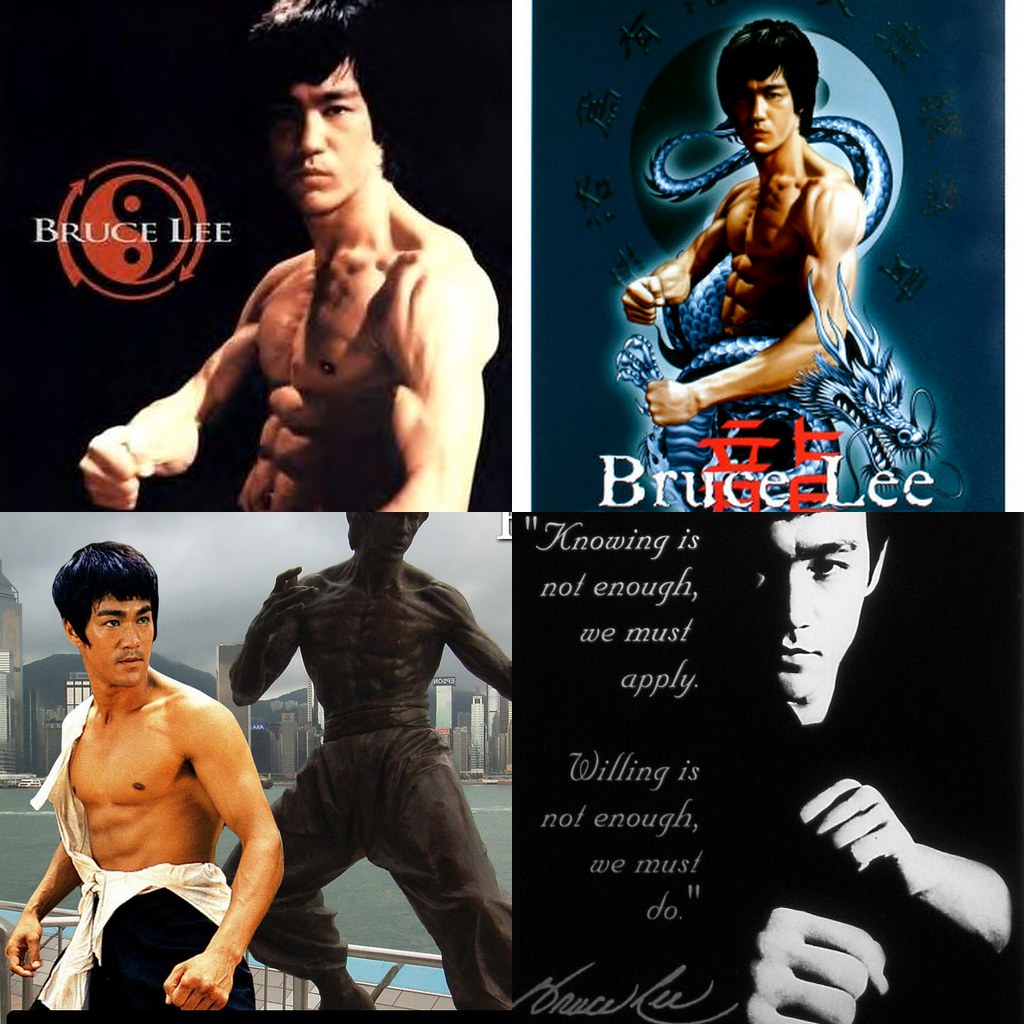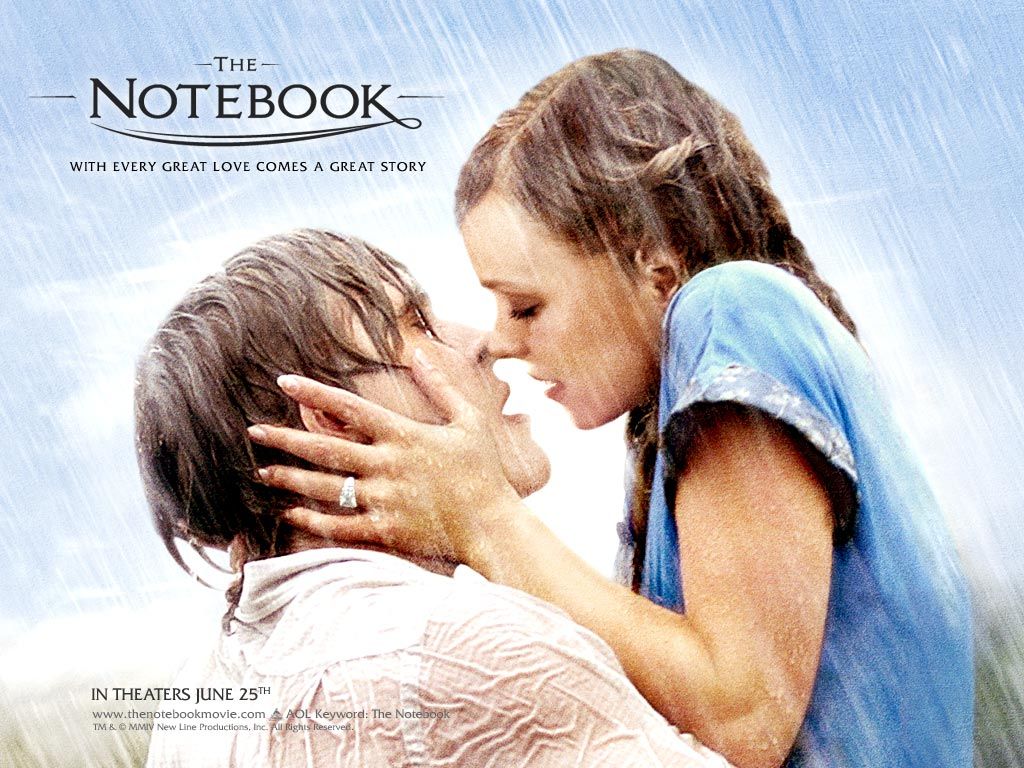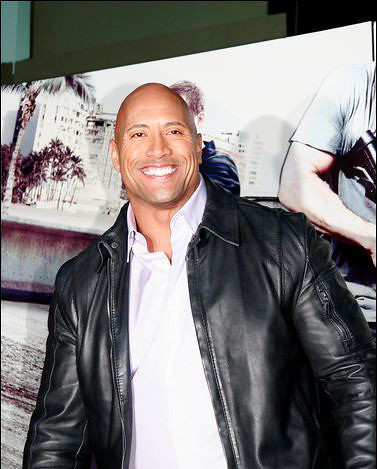
Dwayne “The Rock” Johnson stands as a titan in the global entertainment landscape, a name synonymous with unprecedented success across diverse fields. Born in 1972, this American actor and professional wrestler has carved out an extraordinary career trajectory, transitioning from the rigorous world of professional sports to becoming one of Hollywood’s most bankable stars and a shrewd business magnate. His journey is a testament to relentless ambition, strategic reinvention, and an undeniable charisma that has captivated audiences worldwide for decades.
His story is far more complex and compelling than just a series of headline-grabbing roles or championship victories. It’s a narrative deeply rooted in a rich family heritage, marked by early challenges, and fueled by a steadfast determination to achieve his goals. From the gridirons of collegiate football to the squared circle of the World Wrestling Federation, and ultimately to the glittering stages of Hollywood, Johnson’s path is a masterclass in adapting, evolving, and ultimately dominating every arena he enters.
This in-depth exploration delves into the foundational chapters of Dwayne Johnson’s life and career, tracing his path from his early days and athletic aspirations to his transformative period in professional wrestling. We will examine the critical junctures, the strategic decisions, and the sheer force of personality that propelled him from a promising athlete to “The Most Electrifying Man in Sports Entertainment,” laying the groundwork for the global phenomenon he is today.

1. **Early Life and Foundational Experiences**Dwayne Douglas Johnson, born on May 2, 1972, in Hayward, California, inherited a profound connection to professional wrestling. His mother, Mataniufeagaimaleata “Ata” Fitisemanu, is Samoan, and his father, Rocky Johnson, was a Black Nova Scotian professional wrestler. His maternal grandfather, Peter Maivia, was also a legend, and his maternal grandmother, Lia, became one of the first female pro wrestling promoters. This rich lineage established an undeniable tie to the squared circle, positioning him as a non-blood relative of the esteemed Anoaʻi wrestling family.
Johnson’s formative years involved extensive travel, including a period in Grey Lynn, Auckland, New Zealand, where he played rugby. His high school education spanned multiple states, culminating at Freedom High School in Bethlehem Township, Pennsylvania. During this time, Johnson candidly admitted to “initially struggl[ing] and [being] drawn into a culture of conflict and petty crime,” facing multiple arrests for fighting, theft, and cheque fraud, and a suspension by age 17.
A pivotal turning point arrived when Freedom High School football coach Jody Cwik recognized Johnson’s athletic potential, recruiting him to play defensive tackle. This experience proved a “significant personal transformation.” He reflected, “My thought process started to change. That’s when I started thinking about goals and what I wanted to accomplish.” This redirection of energy into sports—he was also a member of the track and field and wrestling teams—laid a crucial foundation for his disciplined pursuit of success.
Read more about: Unpacking 2024’s EV Landscape: The 10 Most Reliable Electric Vehicles and the Dynamics Driving Record Sales
2. **Collegiate Athletics and Professional Football Aspirations**Building on his high school football success, Dwayne Johnson secured a full athletic scholarship to the University of Miami, a top-tier NCAA Division 1 team. He played defensive tackle for the Miami Hurricanes, contributing to the team’s 1991 national championship victory. Despite four years in the program, he often found himself behind elite players like future NFL star Warren Sapp, primarily appearing in backup roles. He played in 39 games with one start, recording 4.5 sacks and 77 tackles.
In 1995, Johnson graduated with a Bachelor of General Studies, holding a dual major in criminology and physiology. Beyond his athletic and academic pursuits, he became one of the university’s most active student speakers. He frequently delivered positive messages, openly discussing his personal struggles and encouraging students to stay in school and avoid drug use. This early public speaking experience was a foundational step in developing the captivating communication skills that would define his future career.
Following his college graduation, Johnson pursued professional football, signing with the Calgary Stampeders of the Canadian Football League (CFL). The team transitioned him from defensive tackle to linebacker and placed him on their practice roster. However, his professional football aspirations were short-lived, as he was released just two months into Calgary’s 1995 season, marking the end of his gridiron dreams and prompting a decisive pivot towards his family’s wrestling legacy.
Read more about: The Rifleman’s Final Chapter: Tracing Chuck Connors’ Life, Legacy, and Cause of Death

3. **Entry into Professional Wrestling and WWF Debut**With his professional football career behind him, Dwayne Johnson embarked on a new path in 1996, leveraging his family’s deep roots in professional wrestling. Veteran wrestler Pat Patterson played a key role in securing tryout matches for Johnson with the World Wrestling Federation (WWF). Initially competing under his real name, he gained experience, notably defeating The Brooklyn Brawler, and honing his craft in Jerry Lawler’s USWA as Flex Kavana, where he twice won the USWA Tag Team Championship.
Johnson’s much-anticipated WWF debut was as Rocky Maivia, a name chosen to honor his father and maternal grandfather, despite his initial reservations. Vince McMahon and Jim Ross convinced him of the name’s marketing potential, positioning him as “The Blue Chipper” and the WWF’s first third-generation wrestler. Debuting as a clean-cut “face” on Monday Night Raw on November 4, 1996, he quickly made an impact.
His first match at Survivor Series saw him as the sole survivor in an eight-man elimination tag match. His rapid ascent continued as he captured the Intercontinental Championship from Hunter Hearst Helmsley on February 13, 1997, and successfully defended it at In Your House 13 and WrestleMania 13 against The Sultan, showcasing a meteoric start to his WWF career.
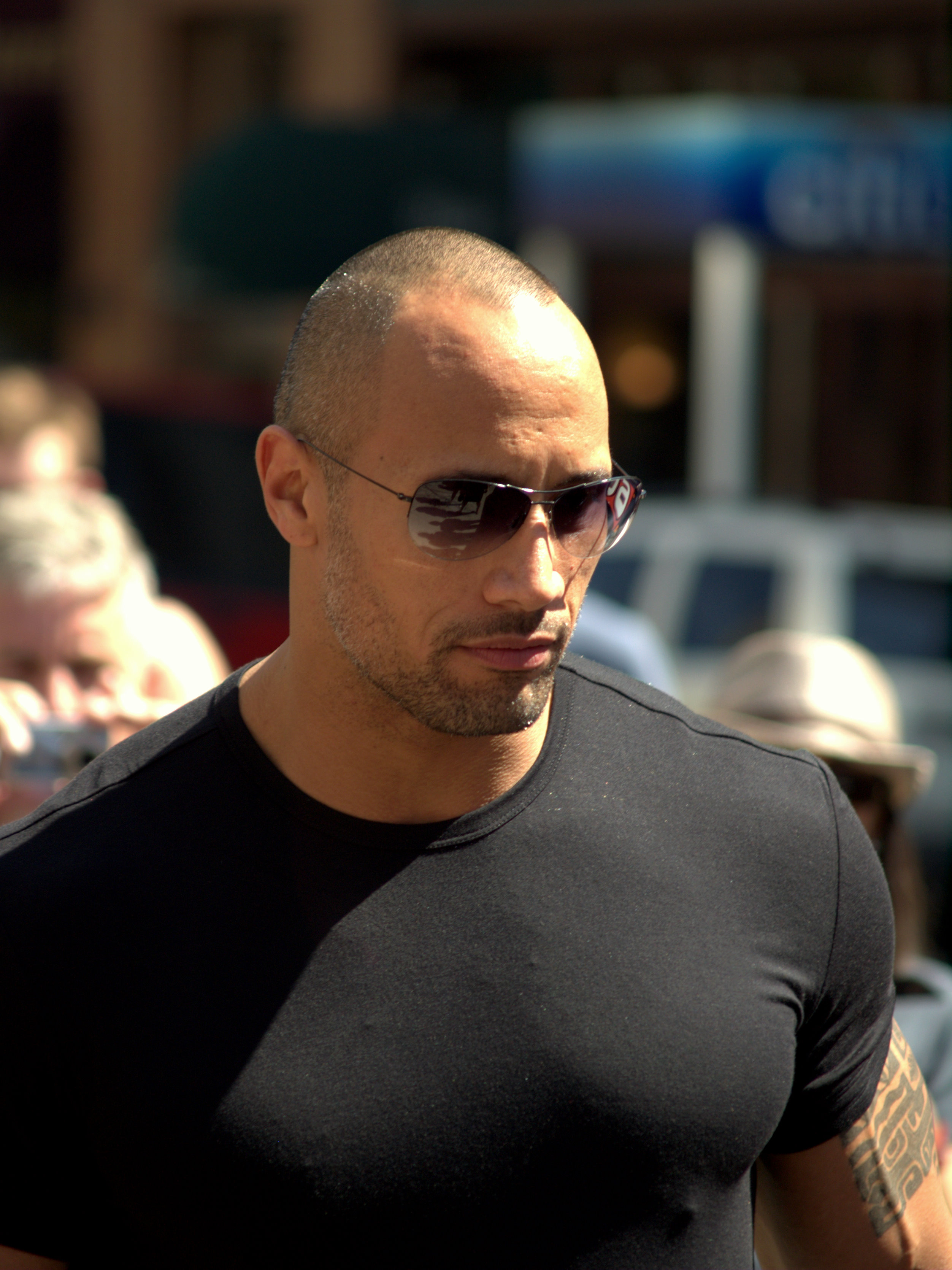
4. **The Evolution to “The Rock” and Nation of Domination**Despite his initial success, fan sentiment quickly turned negative towards Rocky Maivia in 1997, with audiences rejecting his clean-cut persona and chanting “die, Rocky, die” and “Rocky sucks.” This backlash intensified after he lost the Intercontinental Championship to Owen Hart on April 28, and a subsequent legitimate knee injury forced him off television, allowing for a strategic character overhaul.
Upon his return in August, Maivia underwent a dramatic transformation, embracing a villainous “heel” persona. He publicly lashed out at the fans and joined the controversial stable known as the Nation of Domination, aligning with Faarooq, D’Lo Brown, and Kama. Crucially, he shed the “Rocky Maivia” name, opting instead to refer to himself in the third person as “the Rock,” a moniker that would soon become synonymous with unmatched charisma.
“The Rock” rapidly distinguished himself with electrifying verbal prowess, delivering scathing, yet captivating, insults. He resumed his Intercontinental Championship pursuits, reclaiming the title after Stone Cold Steve Austin controversially forfeited it. He successfully defended it against Ken Shamrock at Royal Rumble and WrestleMania XIV. Then, he strategically overthrew Faarooq to lead “The Nation,” engaging in high-profile feuds with Triple H and D-Generation X. He eventually lost the Intercontinental Championship to Triple H in a memorable ladder match at SummerSlam, solidifying his status as a top-tier performer in the Attitude Era.
Read more about: The Apex of Automotive Value: Exploring the World’s Most Expensive Cars Sold at Public Auction
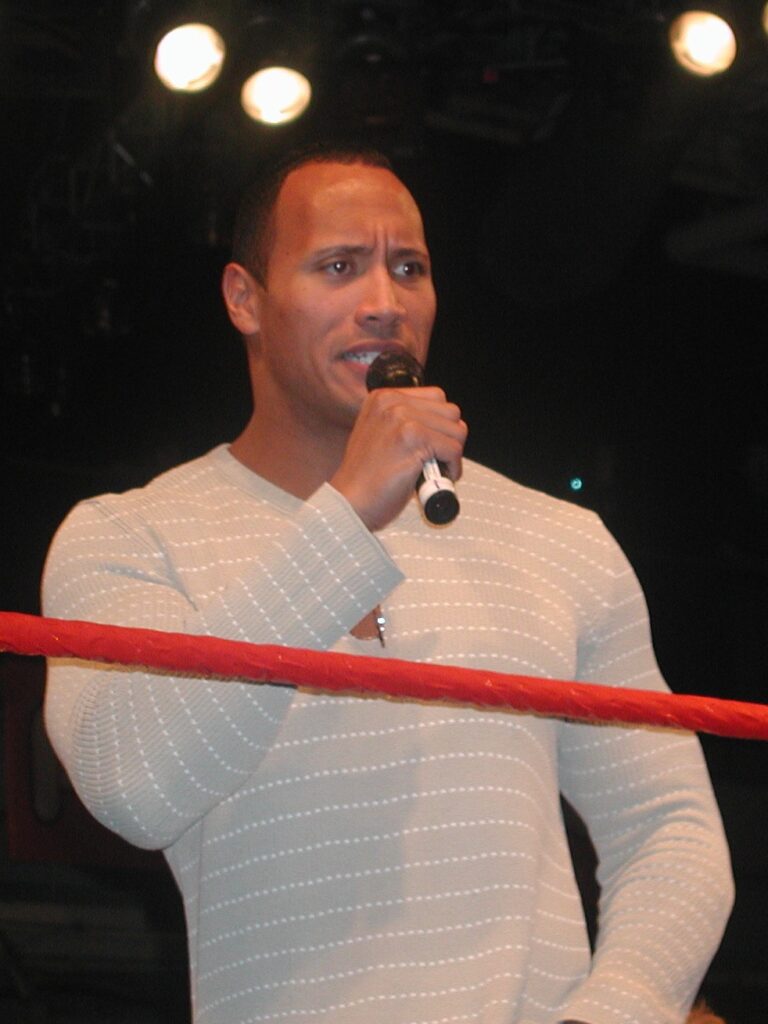
5. **Ascension to WWF Champion and Era of Superstardom**The latter half of 1998 marked a significant shift for “The Rock,” as his magnetic charisma generated an undeniable “uptick in fan support,” even while maintaining a heel persona. This organic connection solidified his iconic character, leading to a “babyface” turn and a feud with former Nation members, effectively dissolving the stable. His individual ascendancy accelerated as he entered the “Deadly Game” tournament for the vacant WWF Championship, ultimately clinching his first WWF Championship at Survivor Series on November 15, defeating Mankind.
However, in a shocking “double turn,” he immediately reverted to a heel, aligning with Vince and Shane McMahon as the centerpiece of The Corporation. This betrayal ignited one of the most intense rivalries of the Attitude Era with Mankind, characterized by a series of brutal and highly dramatic matches, including the controversial “I Quit” match at the Royal Rumble and an “Empty Arena match.” He decisively won his third WWF Championship in a Ladder Match, further cementing his ability to deliver thrilling performances.
Despite losing the WWF Championship to Stone Cold Steve Austin at WrestleMania XV and again at Backlash, The Rock’s popularity transcended his heel status. This led to his firing from The Corporation, marking another babyface turn and initiating feuds with prominent figures. He formed the “Rock ‘n’ Sock Connection” with former rival Mankind, achieving three WWF Tag Team Championship reigns and captivating audiences with critically acclaimed comedic skits, most notably the “This Is Your Life” segment, which garnered an impressive 8.4 Nielsen rating. This underscored his unique ability to blend fierce competition with unparalleled entertainment.
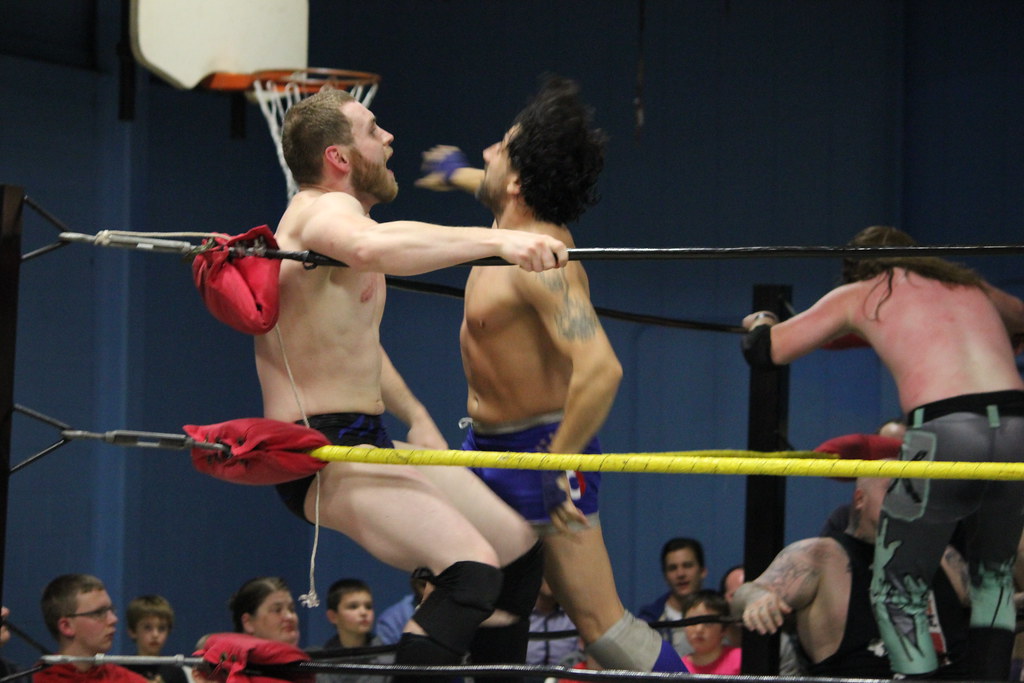
6. **Dominance as a Record-Breaking World Champion**The turn of the millennium cemented The Rock’s position as a dominant force in the WWF Championship scene. At the Royal Rumble 2000, he controversially eliminated Big Show, sparking a storyline dispute. He eventually regained the right to challenge Triple H at WrestleMania 2000, but Vince McMahon’s betrayal saw Triple H retain. Undeterred, The Rock captured his fourth WWF Championship at Backlash on April 30 with Stone Cold Steve Austin’s aid, and successfully defended it against Shane McMahon in a Steel Cage match.
He lost the title to Triple H in an Iron Man match at Judgment Day, complicated by The Undertaker’s interference. However, The Rock quickly reclaimed the WWF Championship for a fifth time at King of the Ring on June 25, securing the winning pin in a six-man tag team match. He then successfully defended the title against a formidable lineup including Chris Benoit, Kurt Angle, Triple H, Kane, and The Undertaker through mid-2000, establishing a robust reign.
His fifth reign ended when he lost the WWF Championship to Kurt Angle at No Mercy on October 22, 2000. The Rock won the WWF Championship for a sixth time from Kurt Angle at No Way Out on February 25, 2001. This reign was short-lived, as he lost to Royal Rumble winner Stone Cold Steve Austin at WrestleMania X-Seven, famously featuring Vince McMahon’s interference. A subsequent steel cage rematch saw Triple H attack The Rock, solidifying the “Power Trip” and writing The Rock off television to pursue his burgeoning acting career.
Read more about: Rev Your Engines! 15 Legendary Rides That Roared: How the 1950s Became the Golden Era for Automotive Design
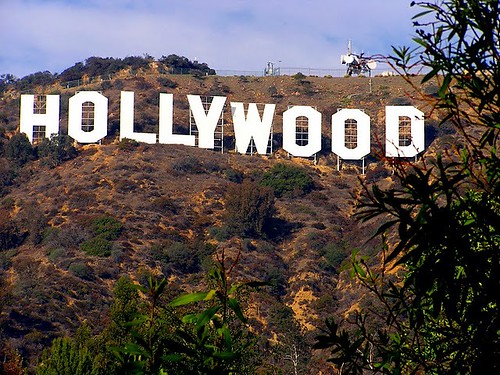
7. **The “Hollywood Rock” Persona and Iconic Rivalries**Returning in late July 2001 after filming *The Scorpion King*, The Rock plunged into the “Invasion” storyline, where the WWF battled the combined forces of WCW and ECW. He sided with McMahon and the WWF, winning the WCW Championship from Booker T at SummerSlam, and later briefly holding the WWF Tag Team Championship with Chris Jericho. His pivotal role culminated at Survivor Series in a “winner takes all” five-on-five elimination tag team match, where he pinned Stone Cold Steve Austin, securing victory for Team WWF and the dissolution of The Alliance.
His WCW Championship was subsequently renamed the “World Championship,” but he lost it to Chris Jericho at Vengeance, who then unified the WWF and World titles. An unsuccessful challenge for the unified title followed at Royal Rumble 2002. The Rock’s next major clash was a victory over The Undertaker at No Way Out, setting the stage for an “icon versus icon” match against “Hollywood” Hulk Hogan at WrestleMania X8. Despite portraying the hero, a significant portion of the crowd rooted for Hogan, prompting both men to adjust the match on the fly.
After the first brand extension, The Rock was the number one overall pick for SmackDown! before a sabbatical. He returned to win the WWE Undisputed Championship for a record-setting seventh time at Vengeance in July 2002, but lost the title and his youngest WWE Champion record to Brock Lesnar at SummerSlam. Sean Coyle noted a “plunge” in fan support due to his acting career, leading a visibly angered Rock to declare, “sing-along with the Rock is over!” He then fully departed to advance his Hollywood career.
He returned to WWE on January 30, 2003, for a match with Hulk Hogan at No Way Out. Due to negative fan reaction, he embraced the “Hollywood Rock” heel persona, complete with a new look, and defeated Hogan. Moving to Raw, he performed “Rock Concerts,” mocking talent and fans. His final program with Stone Cold Steve Austin culminated at WrestleMania XIX, where The Rock decisively won, ending their storied rivalry in Austin’s final match until WrestleMania 38. After losing to Goldberg at Backlash, The Rock briefly left WWE to film *Walking Tall*, signifying his deep commitment to his film career.
Dwayne “The Rock” Johnson’s career, as we’ve seen, is a masterclass in strategic evolution. Having dominated the wrestling ring, the next logical step for a talent of his magnitude was to conquer Hollywood. This transition wasn’t merely a sidestep; it was a carefully calculated leap into an entirely new dimension of global entertainment, leveraging the immense charisma and recognition he had cultivated in the squared circle. His journey from professional wrestling icon to a universally recognized film star, a savvy producer, and a formidable entrepreneur, has been nothing short of extraordinary.
We’ve covered the foundational chapters, the grit, and the glory that defined his wrestling superstardom. Now, let’s turn our attention to the second act of this remarkable career: his strategic pivot to Tinseltown, his expansion into a diverse array of film genres, his groundbreaking entrepreneurial endeavors, and his significant, albeit part-time, returns to the wrestling world. This section will illuminate how Johnson solidified his status as a multifaceted entertainment mogul, a figure whose influence extends far beyond any single industry.

8. **The Leap to Hollywood: Early Film Career and Leading Roles**Johnson’s initial foray into the film industry was a testament to his burgeoning appeal and a well-timed pivot from his full-time wrestling commitments. His first notable film role came in 2001 with *The Mummy Returns*, a high-profile fantasy action film that served as an ideal platform for his imposing physical presence and burgeoning screen charisma. This role allowed him to test the waters of acting while still actively involved in his WWE career.
The very next year, Johnson seized his first leading role in the action-fantasy film *The Scorpion King*. This project was crucial, effectively launching his career as a legitimate movie star. It was during the filming of *The Scorpion King* that he took his storyline suspension from WWE, signifying his serious commitment to this new path. This movie established him as a bankable lead, capable of carrying a major Hollywood production.
These early roles were more than just acting gigs; they were foundational steps that strategically built upon his established persona as “The Rock.” They capitalized on his physicality and larger-than-life presence, making a seamless transition for fans from the wrestling arena to the silver screen. It quickly became clear that Johnson possessed not just athletic prowess but also the unique screen presence required for global cinematic success.
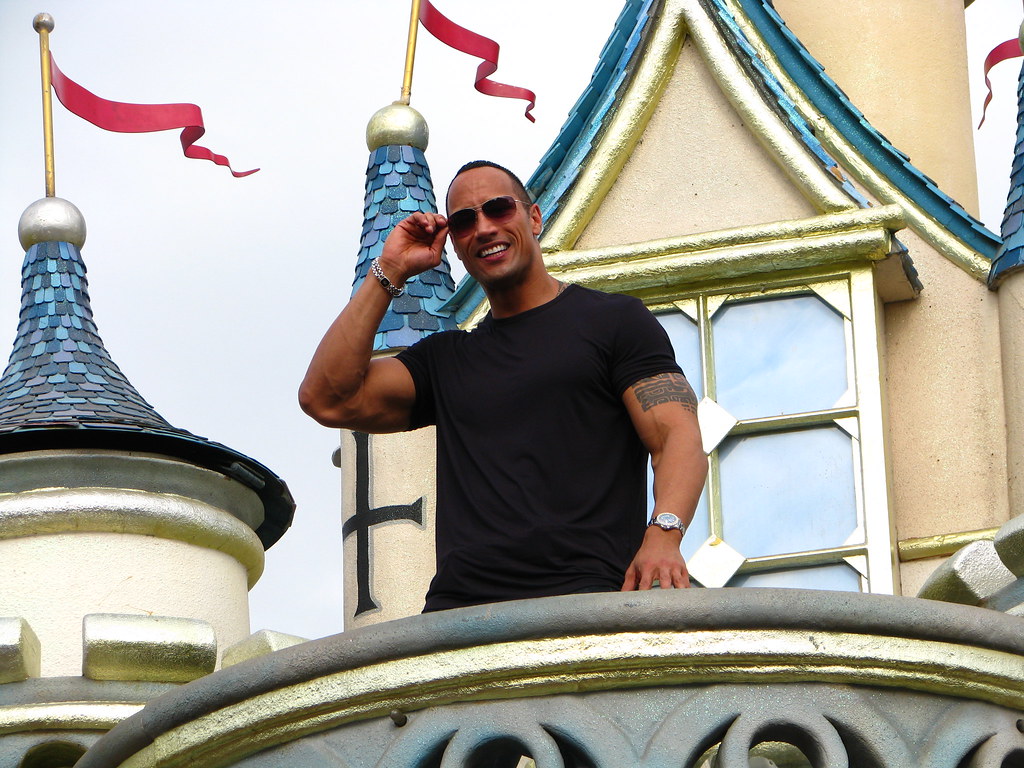
9. **Diversifying the Portfolio: From Action to Family Films and Comedies**As his acting career gained momentum, Dwayne Johnson demonstrated an astute understanding of how to broaden his appeal and avoid being typecast. He deliberately ventured into a wide range of genres, proving his versatility beyond just action roles, which significantly expanded his audience demographic from wrestling fans to mainstream cinema-goers of all ages. This strategic diversification was key to his enduring success.
Johnson became a familiar face in family films, charming audiences in hits such as *The Game Plan* in 2007, *Race to Witch Mountain* in 2009, and *Tooth Fairy* in 2010. These roles showcased a softer, more comedic side of his personality, endearing him to a younger demographic and their parents, effectively solidifying his image as a wholesome yet charismatic entertainer.
He didn’t abandon his action roots, however, continuing to star in adrenaline-pumping blockbusters like *Journey 2: The Mysterious Island* in 2012, *G.I. Joe: Retaliation* in 2013, *Hercules* in 2014, *San Andreas* in 2015, *Rampage* in 2018, and *Skyscraper* in 2018. Furthermore, his comedic timing shone through in action-comedy films such as *Get Smart* in 2008, *Central Intelligence* in 2016, *Baywatch* in 2017, and *Red Notice* in 2021, proving his ability to blend humor with high-octane sequences, truly cementing his status as a versatile Hollywood leading man.
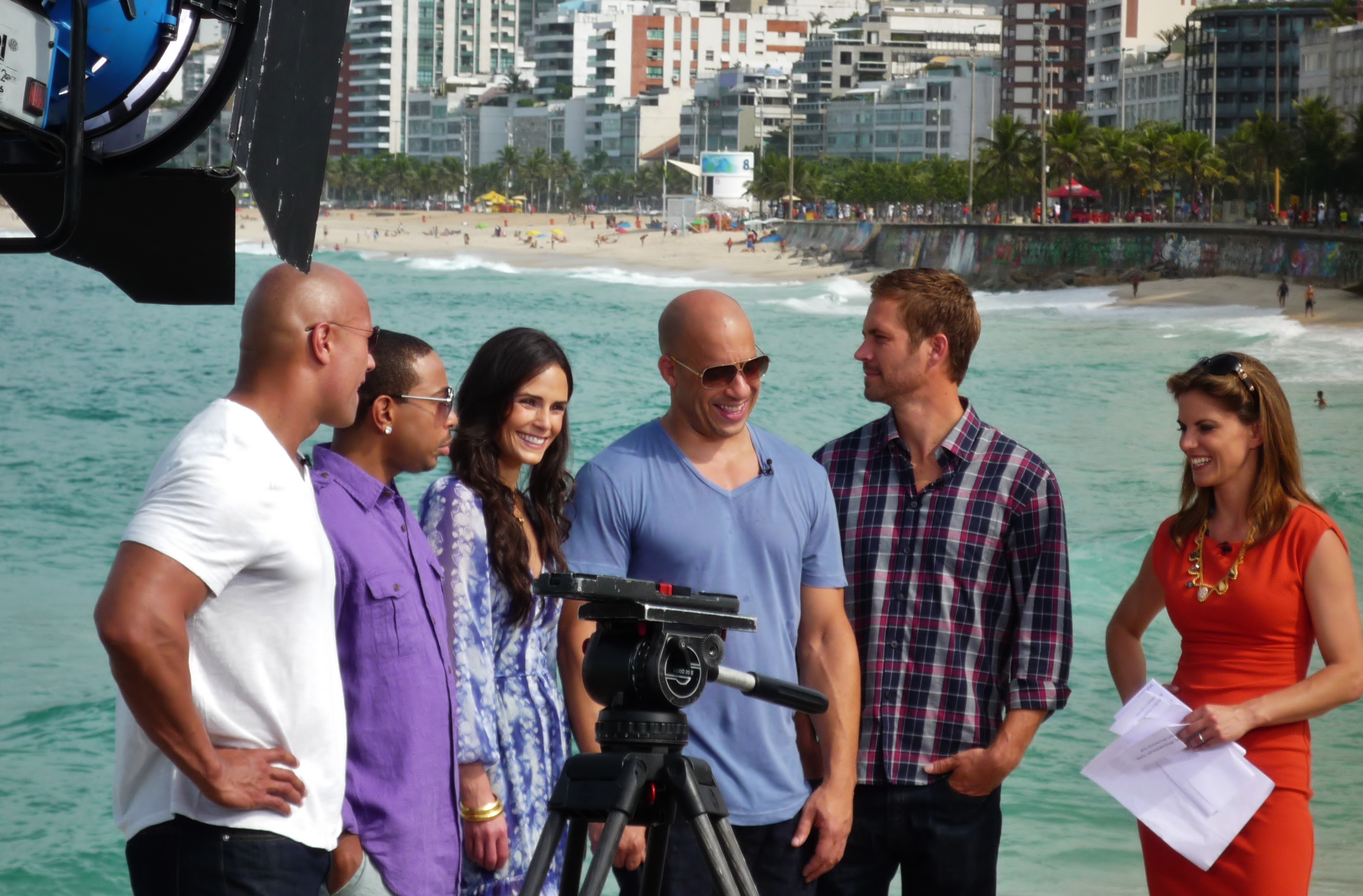
10. **Franchise Powerhouse: Fast & Furious, Jumanji, and Beyond**A defining characteristic of Johnson’s Hollywood ascendancy has been his integral role in some of the most successful and highest-grossing film franchises globally. His arrival often injected new life and expanded the scope of these cinematic universes, transforming them into even greater cultural phenomena. His ability to elevate existing properties is a testament to his star power.
Perhaps his most impactful contribution came with his portrayal of Luke Hobbs in the *Fast & Furious* films, beginning with *Fast Five* in 2011. This role not only introduced a formidable and beloved character but also significantly contributed to the franchise becoming one of the highest-grossing in film history. His dynamic on-screen presence and undeniable chemistry with the established cast were pivotal in the series’ continued evolution and massive global appeal.
Beyond the high-speed chases, Johnson also breathed new life into beloved intellectual properties. He starred in *Jumanji: Welcome to the Jungle* in 2017 and its sequel *Jumanji: The Next Level* in 2019, successfully reimagining the classic story for a new generation. Similarly, he led *Jungle Cruise* in 2021, transforming a popular theme park ride into a successful cinematic adventure, further showcasing his unique ability to anchor and propel major film franchises.

11. **Voice Acting, DC Universe, and Future Projects**Johnson’s strategic expansion in Hollywood also saw him explore the realm of voice acting, further demonstrating his vocal range and captivating presence beyond live-action roles. This diversification allowed him to connect with an even broader audience, particularly in the animated family film sector, proving that his charisma translates across different mediums.
He lent his distinctive voice to the character of Maui in the critically acclaimed Disney animated film *Moana* in 2016. This role was a massive success, showcasing his singing talent and bringing a beloved animated character to life, further cementing his appeal to family audiences. He is slated to reprise this iconic role in the sequel, *Moana 2*, in 2024, and in the highly anticipated 2026 live-action remake, indicating the lasting impact of his performance.
In a significant move into the superhero genre, Johnson joined the DC Extended Universe, taking on the title role in *Black Adam* in 2022. This venture represented his entry into one of Hollywood’s most prominent and enduring cinematic universes, solidifying his status as a major player capable of headlining blockbuster comic book adaptations. These diverse roles underscore his commitment to exploring varied and impactful projects across the entertainment spectrum.
Read more about: From Quick Cancellations to Superstar Status: 7 Actors Who Conquered Hollywood After Their TV Shows Flopped
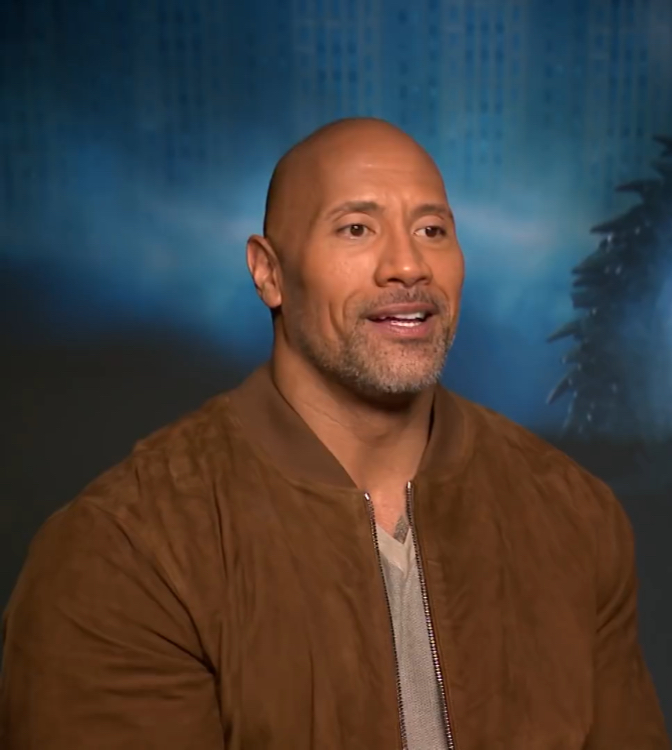
12. **Entrepreneurial Vision: Seven Bucks Productions, Ballers, Young Rock, and Sports Ventures**Dwayne Johnson’s journey is not solely confined to acting; he has meticulously built an entertainment empire, showcasing a keen entrepreneurial spirit. His strategic ventures into production and business have established him as a powerful mogul, demonstrating a vision that extends far beyond individual performances to shaping content and owning properties. This holistic approach to his career differentiates him as a true industry leader.
A cornerstone of his business endeavors is Seven Bucks Productions, which he co-founded. This production company has been instrumental in developing and producing many of his film and television projects, giving him significant creative control and a stake in the financial success of his ventures. It exemplifies his shift from simply being a talent to a key decision-maker in the entertainment landscape.
His entrepreneurial spirit is also evident in his successful television productions. Johnson produced and starred in the critically acclaimed HBO comedy-drama series *Ballers*, which ran from 2015 to 2019, offering an insightful look into the lives of retired and active football players. He also developed the autobiographical sitcom *Young Rock*, which aired from 2021 to 2023, humorously chronicling his formative years and family life, further diversifying his content portfolio. Beyond Hollywood, Johnson has made significant strides in sports ownership and governance, highlighting his passion for athletics. He is a co-owner of the United Football League, demonstrating his investment in the future of professional sports. Furthermore, his appointment as a member of the board of directors of TKO Group Holdings, the parent company of both UFC and WWE, positions him as a powerful figure influencing the very industries that shaped his career, underscoring his deep-rooted commitment and strategic involvement.
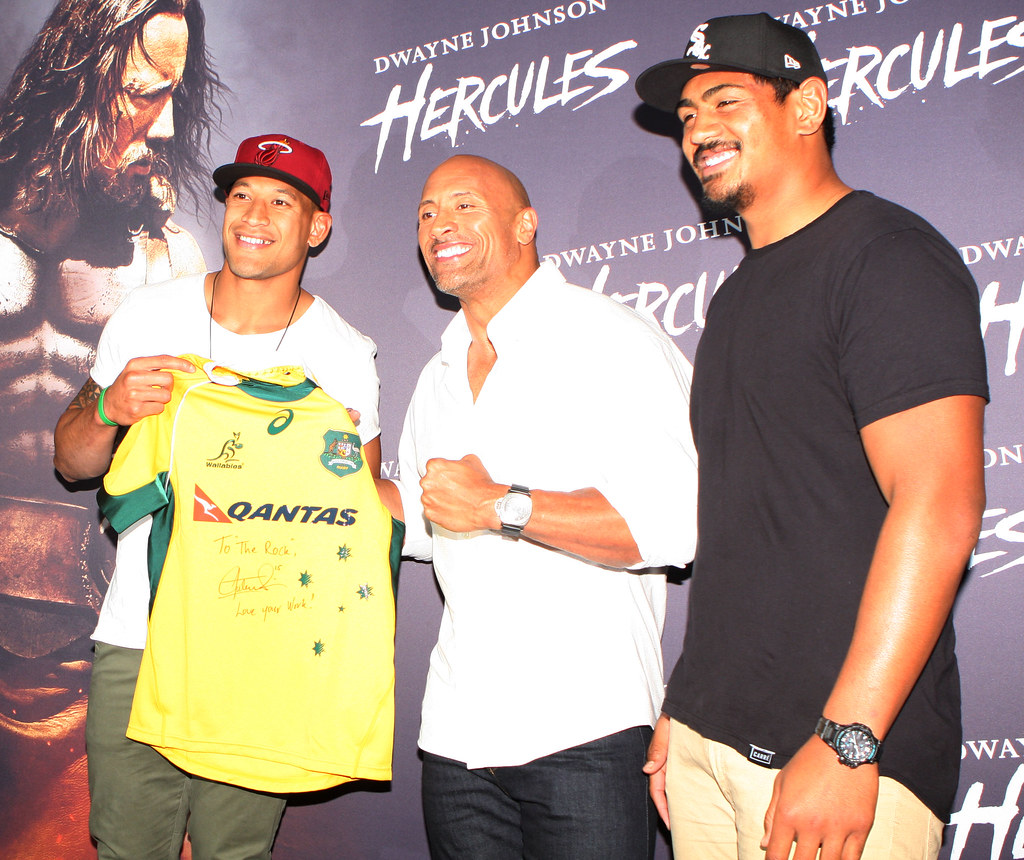
13. **Part-Time Returns to the Squared Circle: WrestleMania Feuds and Iconic Moments**Despite his thriving Hollywood career, Dwayne Johnson never entirely severed ties with his wrestling roots. His significant part-time returns to WWE were highly anticipated events, showcasing his enduring connection with the fans and his ability to reignite the electric atmosphere of the squared circle. These comebacks were strategically timed, adding immense star power to major events and generating unprecedented buzz.
After a full-time departure in 2004, Johnson returned as a part-time performer from 2011 to 2013 and made sporadic appearances until his retirement in 2019, only to return once again on a part-time basis in 2023. A pivotal comeback began in February 2011, when he was announced as the host of WrestleMania XXVII. This appearance quickly sparked an intense rivalry with John Cena, setting the stage for one of the most iconic feuds of the modern era.
Read more about: Unleash the Beasts: The Most Popular Classic Muscle Cars That Defined the ’60s and ’70s Golden Era
From his complex family heritage and challenging formative years to becoming one of the world’s highest-grossing and highest-paid actors, a prolific producer, and a strategic entrepreneur, Dwayne Johnson’s story is a vivid tapestry of ambition, reinvention, and unparalleled charisma. He has not only captivated audiences across the globe but has also continually redefined what it means to be a versatile entertainment mogul. His journey serves as a powerful testament to the fact that with unwavering dedication and a clear vision, one can indeed conquer any arena they choose to enter, leaving an indelible mark for generations to come.



